ANALYSIS: What is going on with Trump’s border wall?
More stories from Kara Borcher
President Donald Trump gave a speech Jan. 8 addressing the current government shutdown. The government is currently at a standstill due to disagreements over the border wall.
A long running stalemate between the United States House of Representatives and the Senate began on Dec. 22.
According to The New York Times, President Donald Trump is requesting more than $5 billion to fund a wall on the border between the United States and Mexico.
There are many differing opinions in our school concerning the wall.
“I agree with the building of a better border wall on the basis that as a country we have the right to protect ourselves from foreign aliens,” senior Joe Rogers said.
If you spend any time at all on the internet, watching television, or reading the news, you have probably heard about the current government shutdown and how the House wants to fund the wall, while the Senate will not approve the budget.
No matter what your beliefs are or who you pledge your undying love towards, there are things everyone needs to know about the wall.
“From a Free Enterprise perspective I’d focus on the economic impacts,” Free Enterprise and History teacher Mr. Nick Fulton said. “Also what the United States [responsibility] versus Mexico’s government responsibility would be.”
What would be the economic impacts of using 5.7 billion dollars to build a wall? It is a lot of money, no matter how you look at it, and the answer has yet to be found. So much so that our government is currently in shutdown debating if that sum is truly worth it.
One misleading fact is that Mexico’s government has any responsibility at all. According to The New York Times, the United States-Mexico-Canada Agreement is a trade deal that the President believes will “yield billions of dollars for this country”. This trade deal is yet to be put into place and does not compel Mexico to pay for the wall at all. So, as vague as the government is being about where exactly the funding would come from, it sounds like Mexico does not have any compulsion to pay for the wall.
While the Government is shut down because of the economic aspects of the wall, there are many other points that are important to look at, such as current policies on immigration and enforcement.
Mr. Fulton noted that, “it would also be important to address… [if] the wall would be in addition to or in lieu of [current policies].”
There are currently several programs in place that allow for legal immigration, things like family based immigration, refugee admissions, employment based green cards and temporary permission visas. Along with these programs there are many different filtration systems in place at the border to ensure the legality of immigrants attempting to cross the border.
If you watch the news you probably hear three words repeatedly: drugs and human trafficking. There is copious amounts of human trafficking and drug smuggling on the border between the U.S. and Mexico, and it is a well justified concern. NBCNews.com reports 49 percent of people smuggled across the border were used for labor, and 46 percent are sex trafficking victims. Stronger borders would certainly place more pressure on criminals at the border.
However, CNN.com reports that “in recent years, the number of human trafficking reports have steadily increased,” despite increased border patrol. This is due to desperate immigrants looking for any way possible into the United States. So desperate, that they turn to human traffickers who promise them safe passage in return for labor. The problem of human trafficking would probably not be solved by a wall, but a stronger border would definitely make it more difficult.
Drug trafficking is another issue presented by those showing avid support for a border wall. Drugs have always been a problem faced by border patrol agents, and will likely continue to be a huge problem, regardless of a wall.
According to USAToday.com there were 83,000 kilograms of narcotics seized by border police in 2016. Those drugs don’t enter the United States by being thrown over the fence. They find their way in at ports of entry, hidden in cars or trucks with legitimate reasons to be crossing the border. Drug cartels are innovative, they use jet skis and tunnels to smuggle drugs through highly patrolled areas. Border Patrol agents are specifically trained to detect when something isn’t quite right in an “innocent” looking vehicle, so increased patrol would help catch drug smugglers. Again, while drug smuggling won’t be 100 percent eliminated, it would be hindered by stronger borders.
The final most important thing to know about the wall and the current happenings in our government is the partial shutdown. What is a partial shutdown anyway?
A partial shutdown is when the government suspends all non-essential federal employees without pay while essential employees are allowed to continue to work, but their pay would be withheld until the shutdown is resolved (CNN.com).
The biggest question posed when debating about the current situation and the cause of the shutdown is: is it worth it?
“It’s really pointless,” senior Ariana Rodriguez said. “There is obviously already a barrier. It would actually be more effective if they fund actual people to help secure it.”
Over 800,000 government employees are out of a job and back-pay is not guaranteed. If there is one thing our government does best is disagree, usually back and forth across the aisle. We are entering the third week of shutdown and no consensus has been made about the wall.
There can be countless speeches given, tweets sent and meetings organized, but without some type of agreement nothing will get done.
U.S. Government and History teacher Mrs. Ashley Hildebrand added, “they have to try to come to some sort of agreement, in order for the government to open back up again.”
With all the different belief systems in the U.S. it is important to know the facts, and what exactly is going down in today’s crazy world.



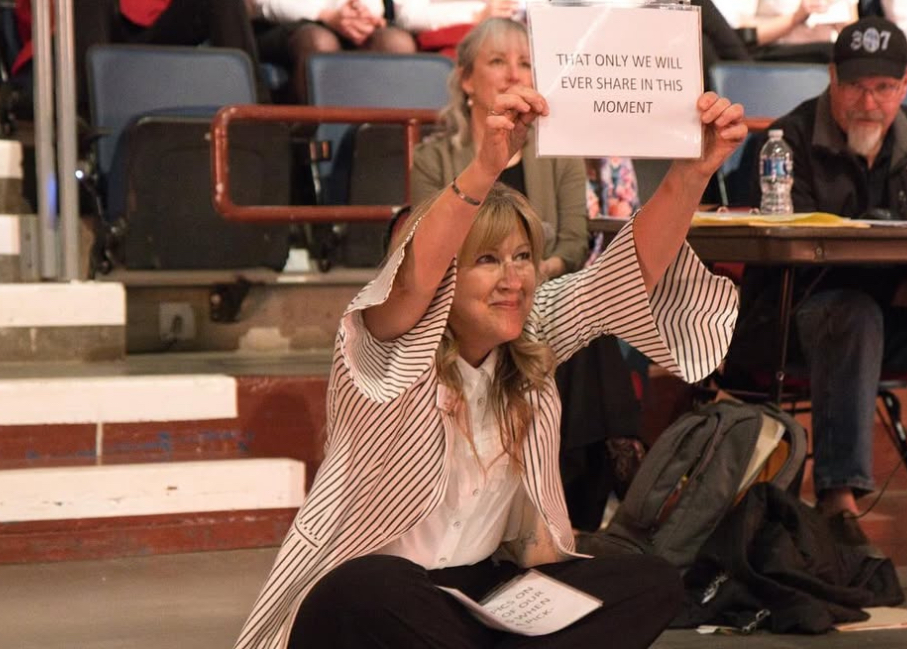
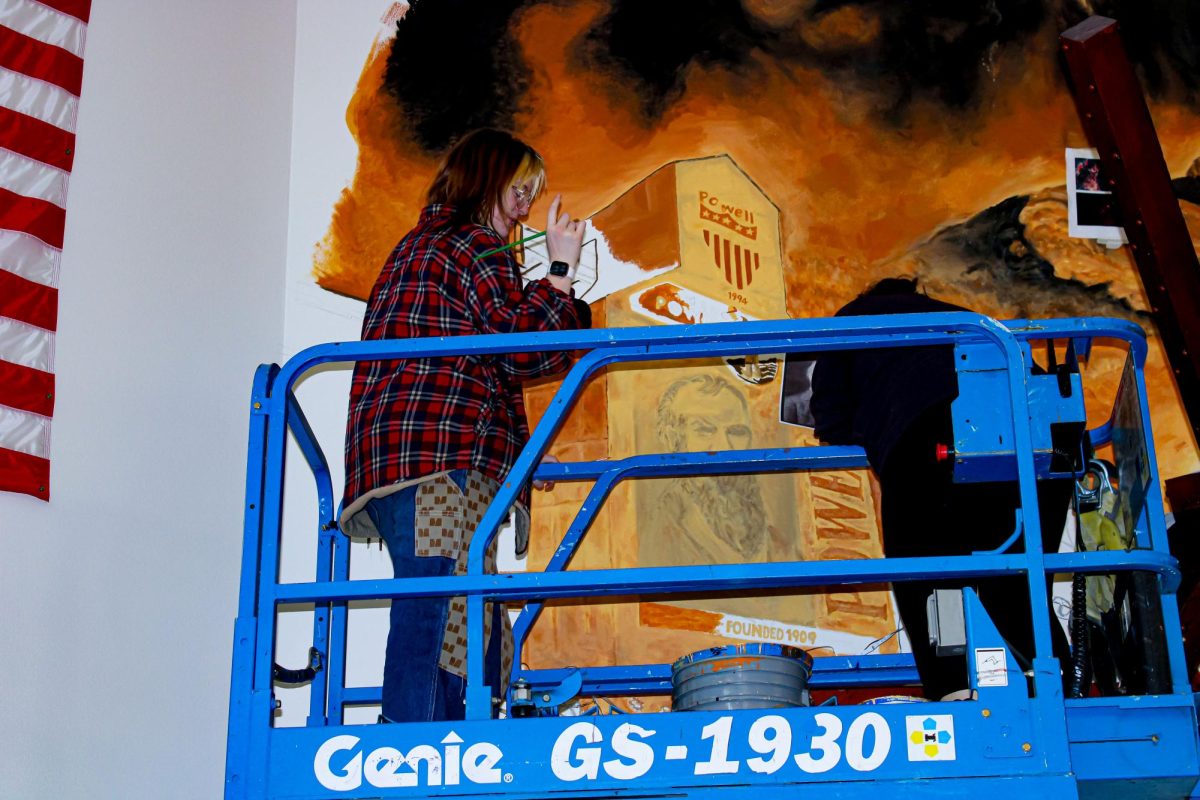
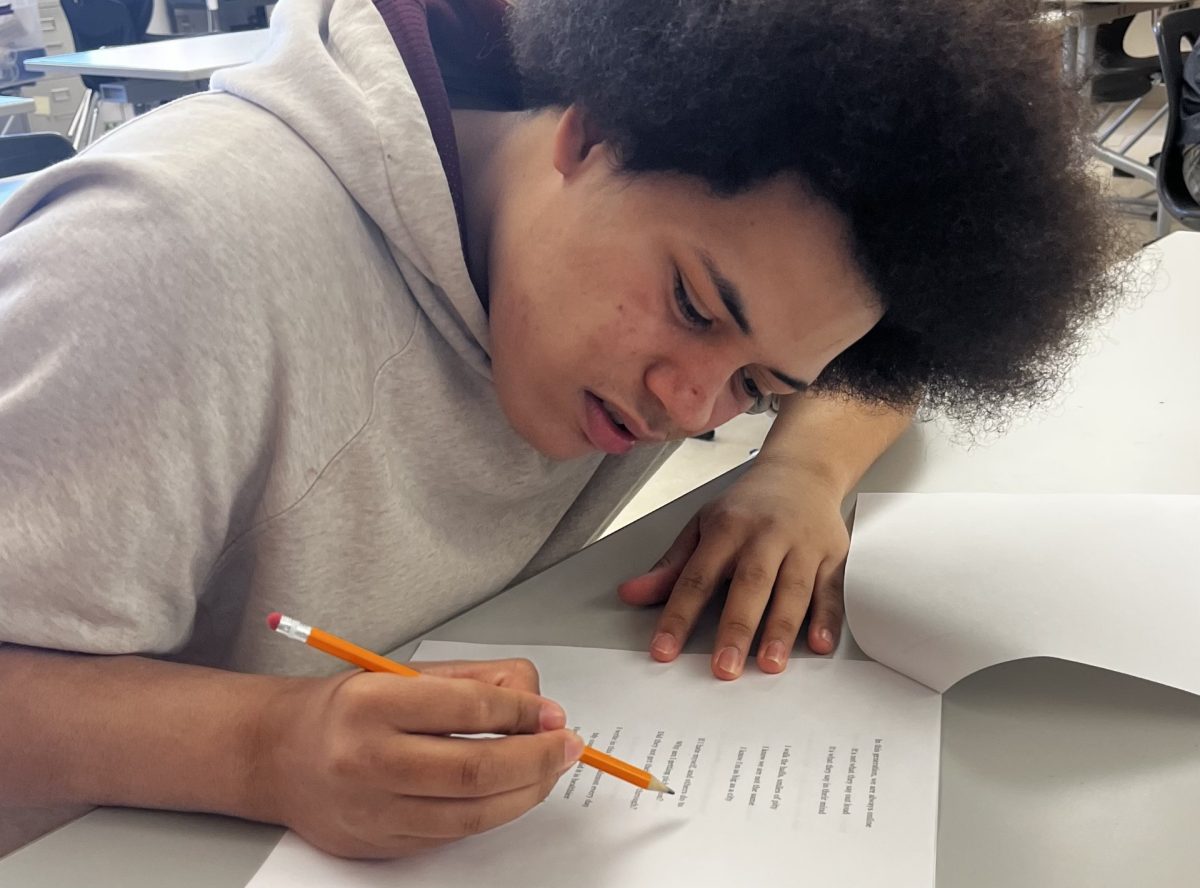

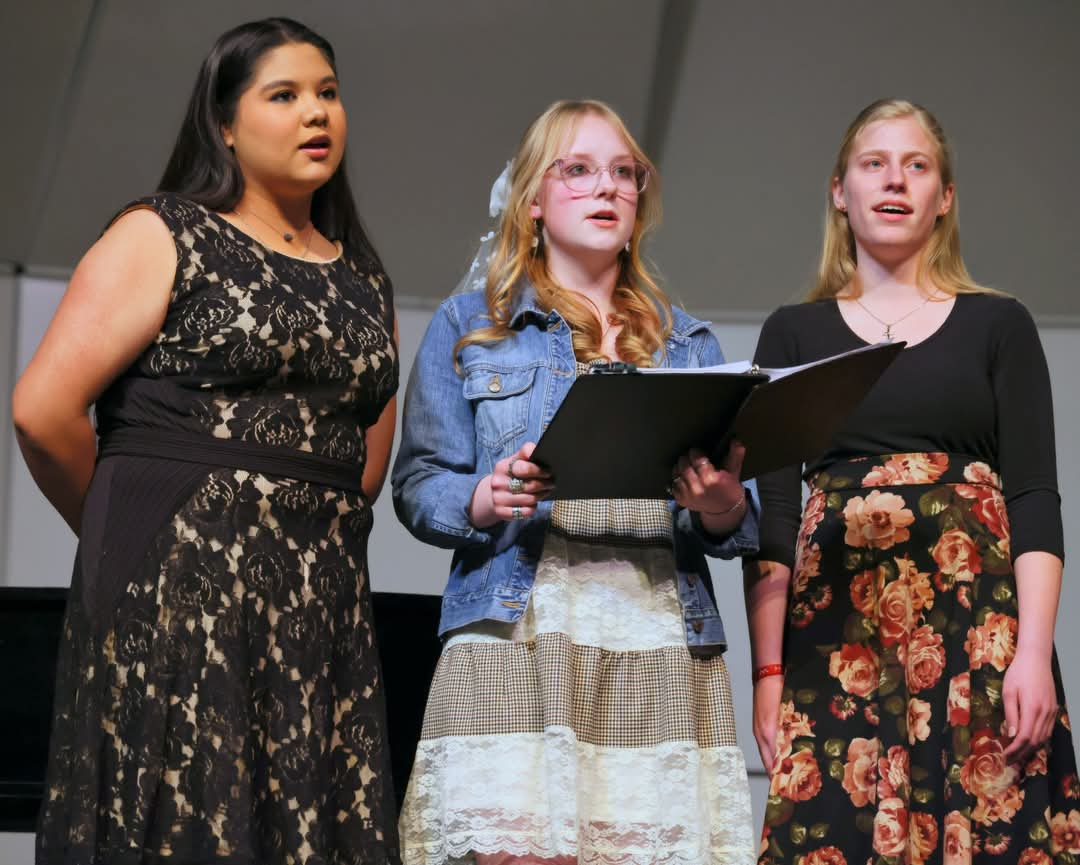

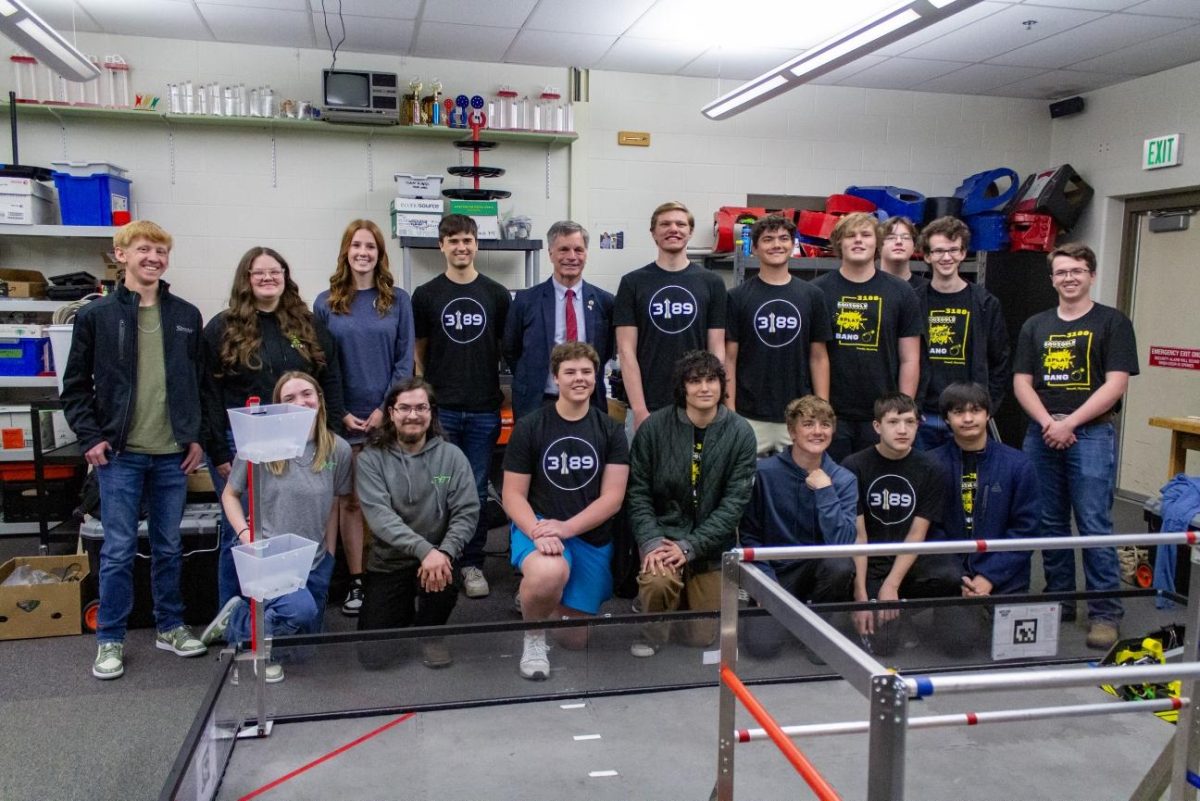



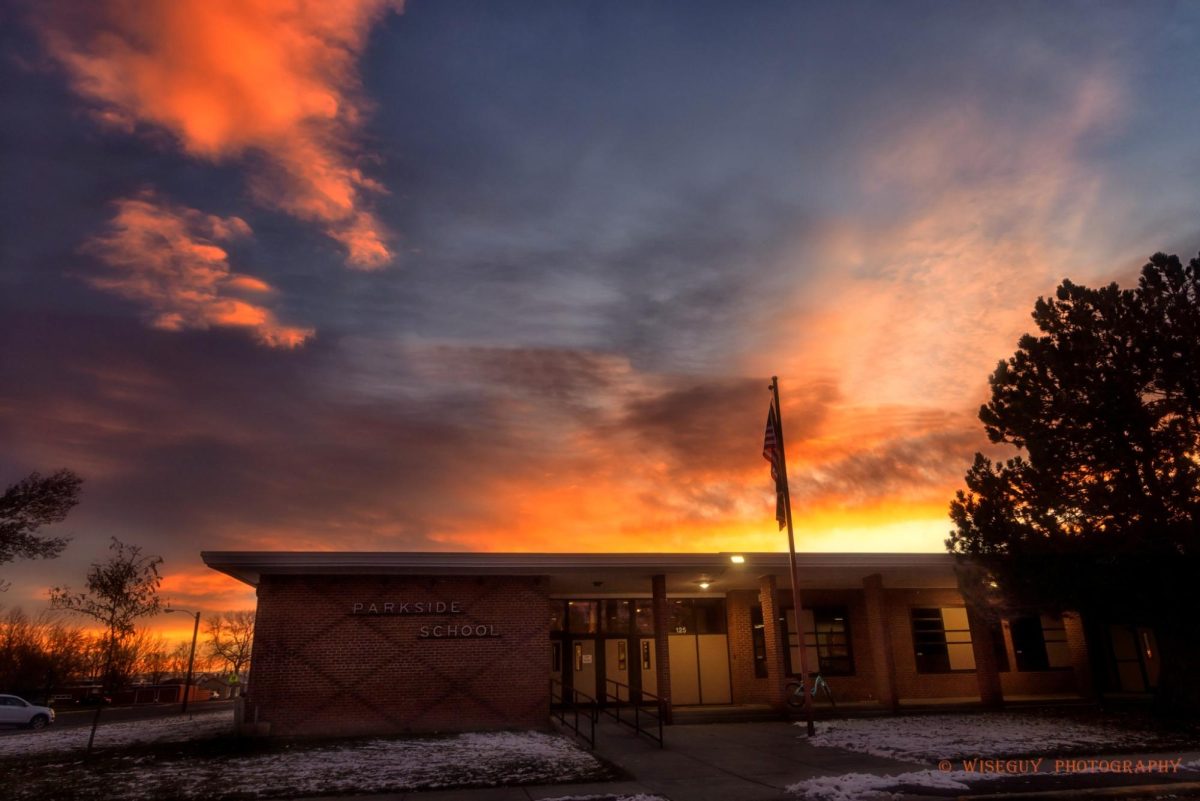
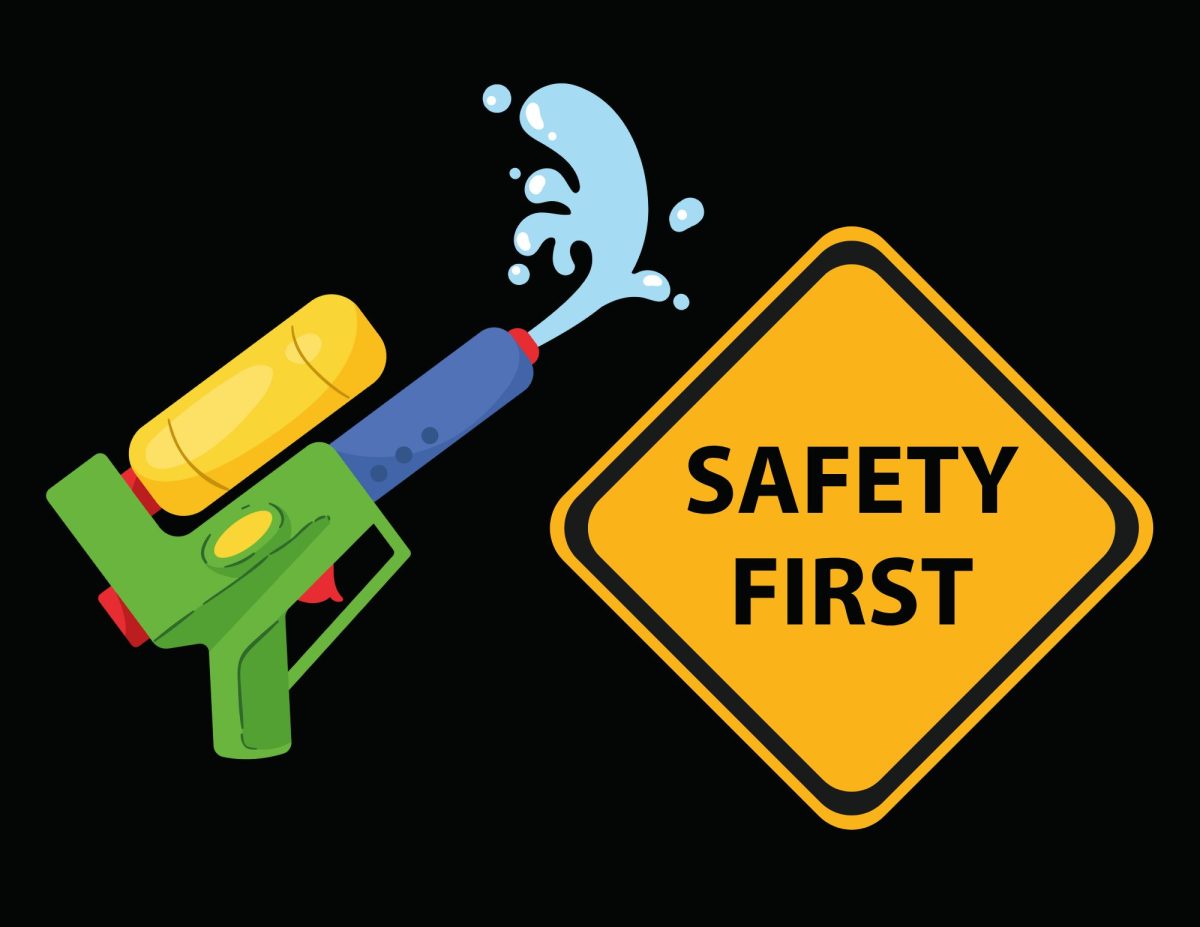


















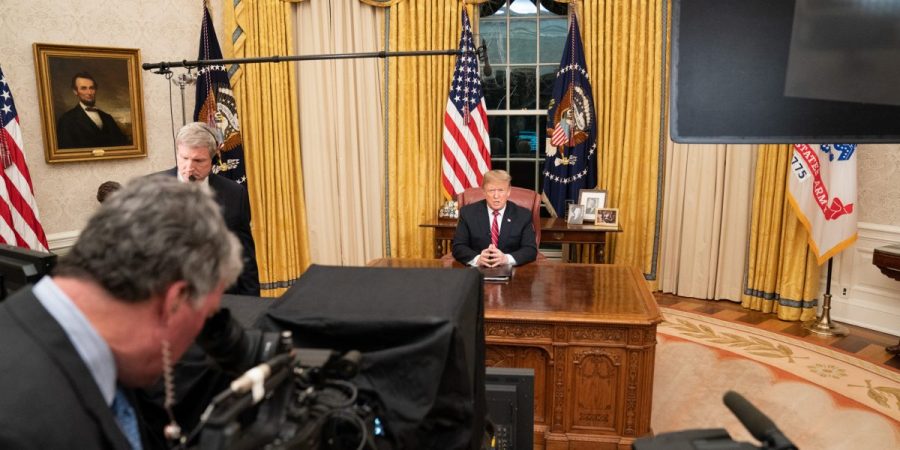
Mrs. Bennett • Jan 15, 2019 at 9:53 pm
Thank you for the information and youth viewpoint Kara. It was nice to read an article with sound reporting and a viewpoint that avoids an abundance of bias. Way to go Kara!